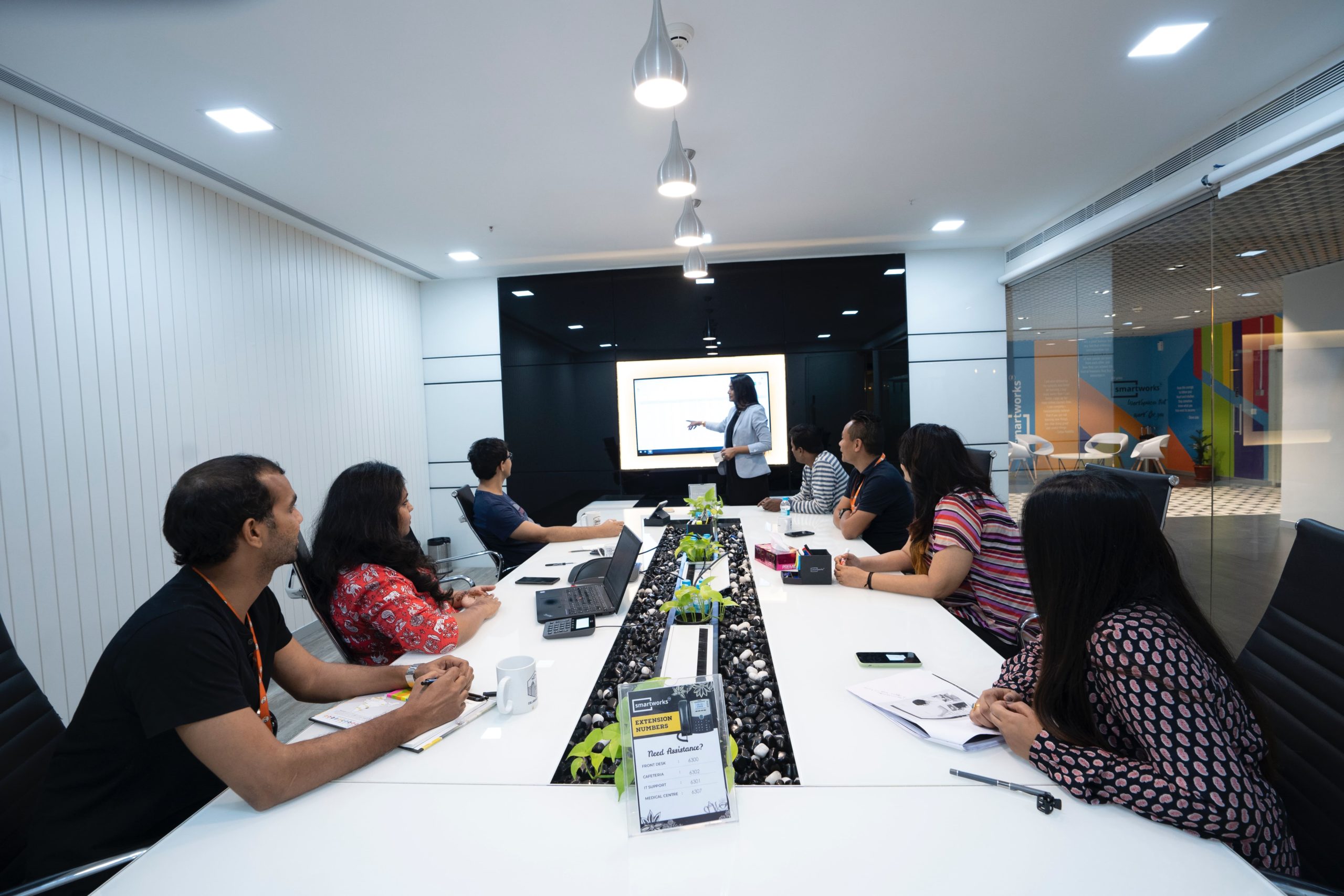In today’s dynamic world, a company’s ability to be sustainable is essential to its success. Setting preservation as a top priority helps conserve resources, gives business owners an upper hand, and encourages consistent development. Anyone considering launching a sustainable business in Latvia, a country known for its commitment to environmental preservation, must understand significant variables that could have positive effects on the community. This article looks at important factors that entrepreneurs in Latvia should think about when starting a sustainable firm that promotes a harmonious balance between environmental awareness and financial success.

Key considerations
In Latvia, starting a sustainable business entails more than just making a profit; it also involves having a beneficial social and environmental impact. Entrepreneurs can lead the way towards a healthier and successful future in Latvia and beyond by incorporating the following ethical procedures into their company strategies.
Embrace circular economy principles
In Latvia, the foundation of a sustainable company should be the adoption of circular economy concepts. This strategy places a strong emphasis on reducing waste, optimizing the use of available resources, and encouraging product reuse, repair, and recycling. Consider the life cycle of your products while designing them, provide repair services to extend their useful life, and look at ways to recover materials and energy. Businesses can lessen their environmental impact whilst contributing to a better tomorrow by adopting the concepts of the circular economy.
Engage in eco-friendly practices
Sustainability depends on incorporating eco-friendly procedures into every facet of the company. Think about energy-saving strategies including employing renewable energy sources, enhancing lighting, ventilation, and radiators, and putting energy-efficient gadgets into practice. Put a focus on recycling and waste reduction by putting in place appropriate waste disposal methods and motivating staff to take part in recycling campaigns. Encourage eco-friendly modes of transit including carpooling and cycling, as well as eco-conscious workplace rules that enhance employee wellbeing.
Collaborate with sustainable suppliers and partners
A viable company must have an environmentally friendly supply chain. Look for vendors and collaborators who have comparable sustainable practices and beliefs. Seek out vendors who place a high value on ethical sourcing, humane labor standards, and ecologically sustainable manufacturing techniques. Work together on collaborative tasks, collaborations, and information sharing to increase the effect of sustainability activities with related businesses and organizations.
Prioritize employee engagement and development
Creating an ethical company culture requires including employees in environmental programs. By incorporating staff members in decision-making procedures and soliciting their opinions on sustainability projects, you may cultivate a sense of accountability and ownership. Offer staff opportunities for instruction and growth to improve their knowledge and abilities in sustainability-related fields. Acknowledge and honor staff members for their efforts to sustainability to foster a happy, driven workforce devoted to the company’s sustainable objectives.
Engage with local communities
Establishing robust connections with nearby communities is crucial for a firm to remain viable in Latvia. Participate in neighborhood projects, lend your support to regional concerns, and enhance the community’s quality of life. Work together with neighborhood associations, educational establishments, and governmental entities to advance education and understanding of sustainability. Through engaged participation in the community, businesses can cultivate enduring trust, loyalty, and support.
Measure and report the impact
Measuring and reporting on the company’s social and ecological effects is essential to ensuring the efficacy of sustainability initiatives. Use key performance indicators (KPIs) to monitor developments and establish attainable sustainability objectives. Examine and evaluate statistics on energy use, trash production, and carbon emissions regularly. Inform stakeholders in a transparent manner about sustainability accomplishments, difficulties, and future goals to show that you are dedicated to responsibility and ongoing development.
Stay informed and evolve
Businesses need to keep up with new developments in the field of sustainability, including emerging trends, technology, and best practices. Maintain your connections with sustainable networks, go to pertinent conferences, and participate in forums tailored to your sector. Review and enhance sustainability plans regularly while looking for creative ways to deal with new problems. Adopt a growth mentality and be willing to change tactics to be at the forefront of environmentally friendly business operations.
Benefits of a sustainable business
In Latvia, starting an environmentally conscious company has several advantages for both the environment and long-term financial success. Businesses can improve their public image and contribute to a healthy planet by implementing sustainable practices that lessen their environmental effect. Furthermore, by reducing waste, conserving energy, and using resources efficiently, sustainable firms frequently experience cost benefits. As a result, these companies become leaders in their chosen fields and are encouraged to be innovative and resilient. Additionally, these companies can gain a competitive advantage in global markets and access a rising market of ecologically concerned consumers by associating with Latvia’s dedication to sustainability.
You can also find these articles helpful
Benefits of starting a business in Latvia
Solopreneur business ideas
Tips before starting a business in Latvia







